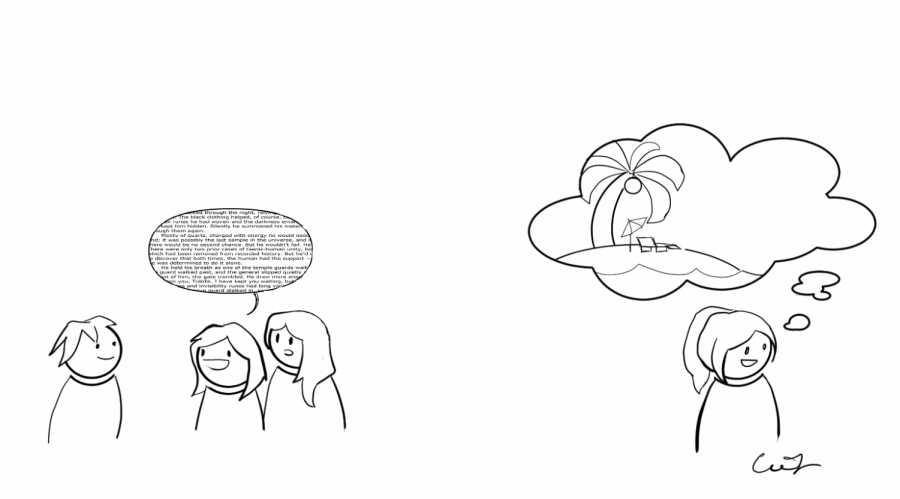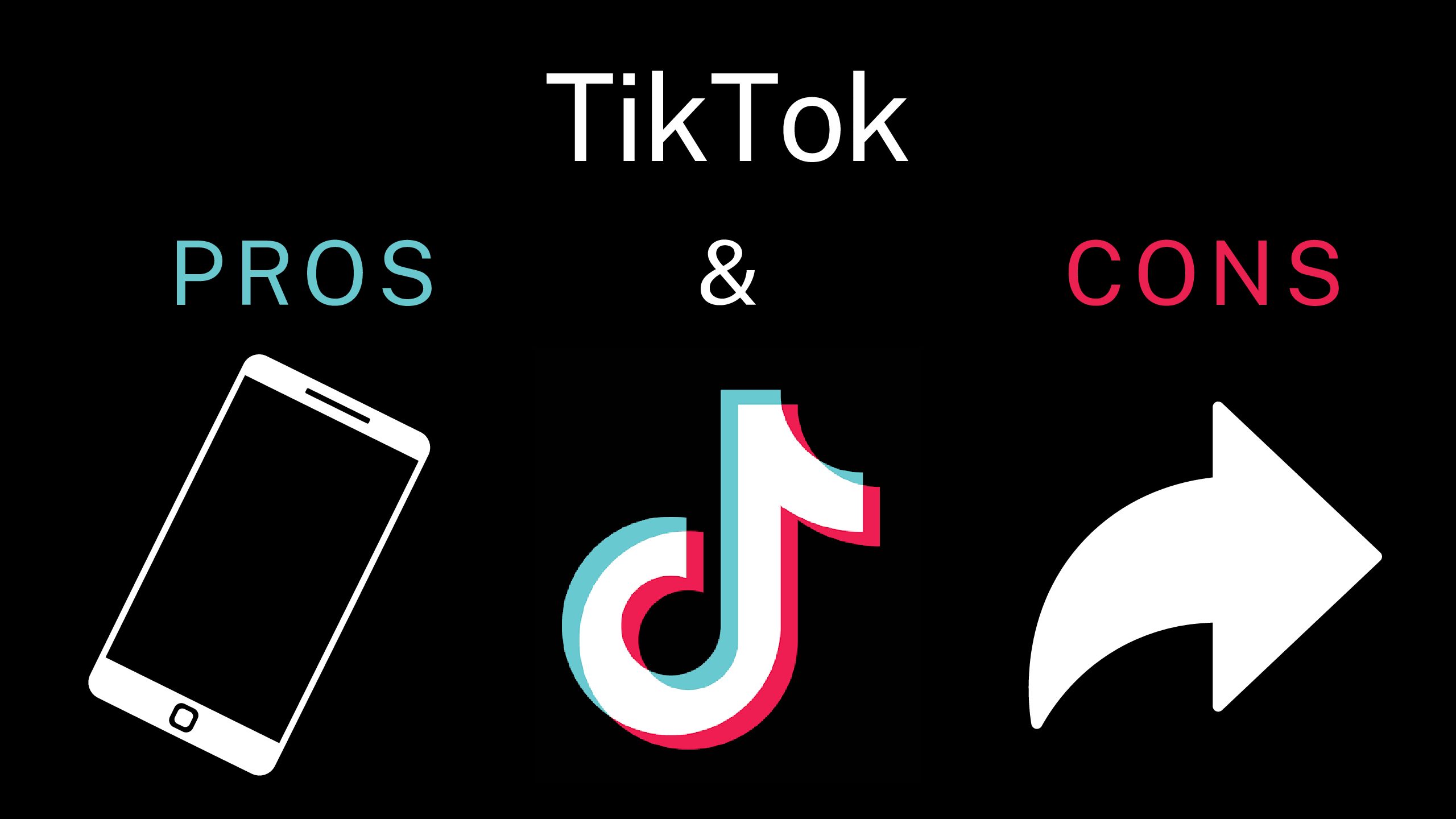The Power of Introverts
Despite how common introversion has become, our society is still geared towards extraverts — something that needs to change.
May 29, 2021
If you asked anyone what they thought introversion was, chances are you’d get an answer along the lines of “Well, it’s someone who’s shy and awkward in social settings.” This is actually one of many misconceptions surrounding introversion. And despite how common introversion has become, our society is still geared towards extraverts — something that needs to change. In order for introverts to show their true value, the community needs to learn to be accommodating to, and care about, the needs of introverts as well as extraverts.
Before people can take into account the needs of introverts, they need to think about a fundamental question: what is the difference between an introvert and an extravert?
In the 1960s, psychologist Hans Eysenck proposed that extraverts were defined by having a chronically lower level of psychological arousal. Conversely, the brain of an introvert is naturally more excitable, and introverts may find themselves overstimulated very easily. This is why some introverts tend to stick to quieter conversations and predictable environments.
But this definition — someone who “sticks to quieter conversations” — is not a one-size-fits-all description of introverts. In fact, almost half of the human population is introverted — and a lot of those introverts aren’t quiet around others. So what, then, is an introvert?
There isn’t really a solid answer to this question. Introversion is one of the four major personality traits that identify a person’s Myers Briggs Type Indicator (MBTI), but rarely is there a person who is 100% introverted. Psychologists have discovered that there are actually four “shades” of introversion: social, thinking, anxious, and restrained.
Social introversion is the conventional definition of introversion — a preference for socializing in small groups rather than large ones, or, in a more extreme sense, a preference for no group at all. This is not the same as shyness — there’s no anxiety behind the preference for solitude.
Thinking introverts, however, usually don’t avoid large groups. Instead, this type of introversion refers to a person who tends to be thoughtful and self-reflective.
Unlike the other types of introversion, anxious introverts prefer to be alone because they feel awkward or self-conscious around others. This kind of introversion is defined by a tendency to play situations over and over in their minds, and thinking about all the things that may or already have gone wrong.
The last type of introversion is considered the most thoughtful. Restrained introverts prefer to think things through before they speak or act. They might be considered a little slow, in that they can’t jump into conversations or spring into action quickly.
Most introverts don’t belong to one specific type of introversion but are rather a mix of all four — and on a larger scale, no one is a “true introvert.” Most people fall somewhere between introversion and extraversion; people may lean toward one side or another, but are rarely completely at one end of the spectrum.
Yet even with all the research regarding introversion, and despite the fact that almost half of the people on Earth are considered introverted, introverts still have a big disadvantage compared to their extraverted counterparts. Schools are one of the most common — and obvious — examples.
Teachers are often biased, albeit unintentionally, toward students that speak up. Introverted students are at a disadvantage when it comes to participating in class discussions. A lot of the time, extraverted students blurt things out and dominate the conversation, and quieter students end up not sharing their opinions — and missing out on a participation grade. A 2018 study published in the Journal of Motor Behavior found that introverts tend to process slower due to their tendency to think things through, which puts them at a disadvantage during discussions right after learning new material.
However, because introverts are usually more confident with small groups of friends, they are often more loyal and form deeper relationships than the extraverts that befriend everyone. Introverts are good listeners, and are often more observant than the average extravert.
Regardless of their reputation for reclusiveness, though, introverts still need time to be around others. The key is this: introverts don’t crave “people time”, they crave making connections with others. They don’t crave small-talk. They like to discuss what really matters, and they like being confided in. For introverts, it’s about quality, not quantity — often, it’s when they’re surrounded by a crowd that introverts feel the least understood.
Introverts are an often overlooked part of our society. When you think of your friends, and people in your class, you tend to think about the outspoken people. The people that vie for attention. But though extraverts are important members of our communities, introverted people are also vital to our world. They make up the portion of people who think before they speak, and who are willing to listen.
Now, if someone asked you, “What is introversion?”, what would you say? Perhaps you have come to realize that there isn’t one “right answer.” After all, everyone is unique — introvert or extravert, observant or intuitive, these are all “social constructs” that scientists use to classify people. There is no way to sum up the entirety of human existence in a few sentences. No matter which one you are — the quiet, thoughtful one, or the outspoken, vibrant, excitable one, remember that each type of personality has its own benefits, and introversion is no different.
Maybe there isn’t a good answer to that question. But one thing is for certain. Introverts should not be overlooked. Instead, they must be allowed to function in a way that accommodates their preferences. And while extraverts may be more seen, and heard, introverts are special in their own way, and they are valuable in a different sense. They have their own kind of power:
The power of introverts.







